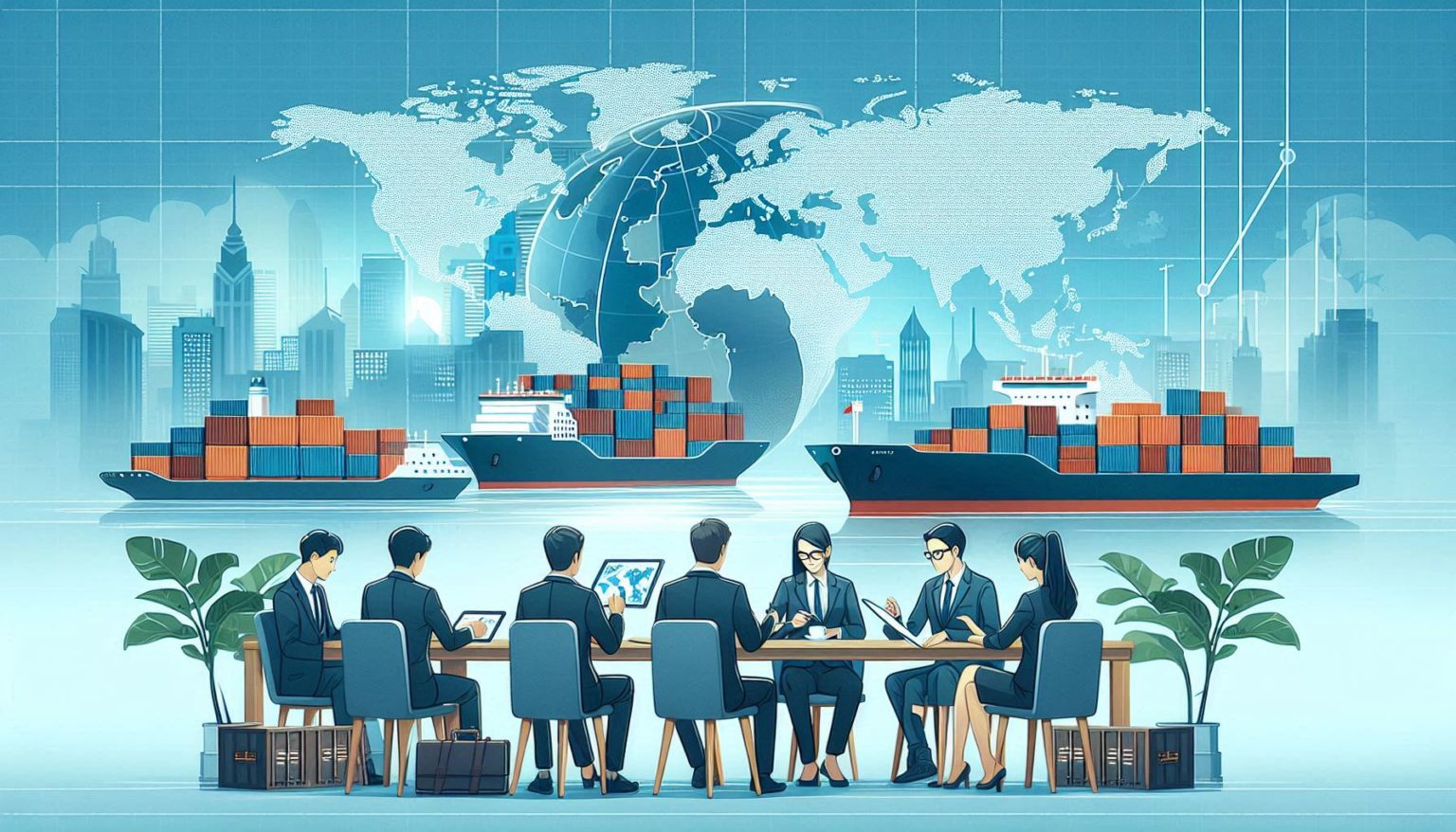In the world of international trade, where goods traverse oceans and continents, clarity and precision in contracts are paramount. Enter Incoterms, the internationally recognized terms of sale that dictate the responsibilities of buyers and sellers in the delivery of goods. In 2020, the International Chamber of Commerce (ICC) released an updated version of these terms, known as Incoterms 2020. Let’s delve into the changes and what they mean for global trade.
Before diving into the changes, let’s recap what Incoterms are. Short for “International Commercial Terms,” Incoterms are a set of standardized three-letter trade terms created by the ICC. They define the responsibilities, risks, and costs associated with the transportation and delivery of goods between buyers and sellers.
Changes in Incoterms 2020
While many of the principles remain consistent with previous versions, Incoterms 2020 introduces several noteworthy changes:
Introduction of a New Incoterm: Incoterms 2020 introduces a new Incoterm, DPU (Delivered at Place Unloaded), replacing the previous DAT (Delivered at Terminal). This change reflects the modernization of transportation practices, acknowledging that goods may be delivered at various locations, not just at terminals.
Different Levels of Insurance Coverage: The level of insurance coverage required by each Incoterm is now clearer. While insurance requirements were previously implied, the updated terms explicitly state the responsibility of both parties regarding insurance coverage.
Security-Related Requirements: Includes security-related requirements for carriage such as the Buyer and/or Seller to provide security-related information to the other party. This reflects the heightened importance of security measures in today’s global trade landscape.
Renaming of Bill of Lading (BL) to Transport Document: The term “Bill of Lading” has been renamed to “Transport Document” to accommodate various forms of transportation beyond maritime shipping. This change acknowledges the increasing use of electronic documentation in modern trade practices.
Incorporation of Modern Trade Practices: It ligns with modern trade practices and technologies. It provides more detailed guidance on the allocation of costs between buyers and sellers in situations involving the use of electronic communications and electronic transport documents.
Subscribe to the Ex-works24/7 newsletter
The most important changes in incoterms 2020
In Incoterms 2020, the DAT (Delivered at Terminal) clause is now DPU (Delivered at Place Unloaded), allowing any agreed location to be the destination.
Incoterms 2020 responds to market demand by including provisions for on-board bill of lading and the FCA (Free Carrier) clause. Under these terms, buyers can instruct their carrier to issue an on-board bill of lading after loading goods, typically facilitated by banks.
Insurance coverage in CIF (Cost Insurance Freight) and CIP (Carriage Insurance Paid) clauses has been updated in Incoterms 2020 to align with current practices. While minimum coverage remains for CIF, CIP now offers more comprehensive all-risk coverage.
In FCA, DAP, DPU, and DDP now, consideration is given to the increasing trend of sellers or buyers organizing transport themselves. Previously, it was assumed a third-party supplier would handle transport, but now parties can arrange transport using their means.
Incoterms 2020 addresses heightened safety requirements for goods carriage, outlining clear rules on security obligations and associated costs.
Incoterms 2020 Implication
Understanding the changes in Incoterms 2020 is crucial for businesses engaged in international trade. Clear and precise contract terms reduce the risk of disputes and misunderstandings, thereby facilitating smoother transactions. By adapting to the updated terms, businesses can enhance their competitiveness and mitigate risks associated with global trade.
Conclusion: New incoterms reflect the evolving nature of international trade and address the complexities of modern commerce. By incorporating new terms, clarifying existing ones, and accommodating technological advancements, it provides a solid framework for businesses engaged in global trade. Staying abreast of these changes is essential for businesses to navigate the seas of international commerce successfully.




